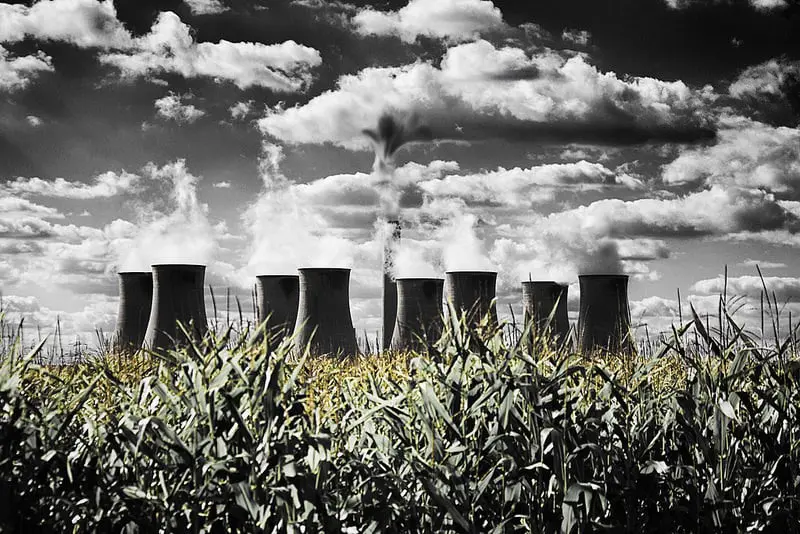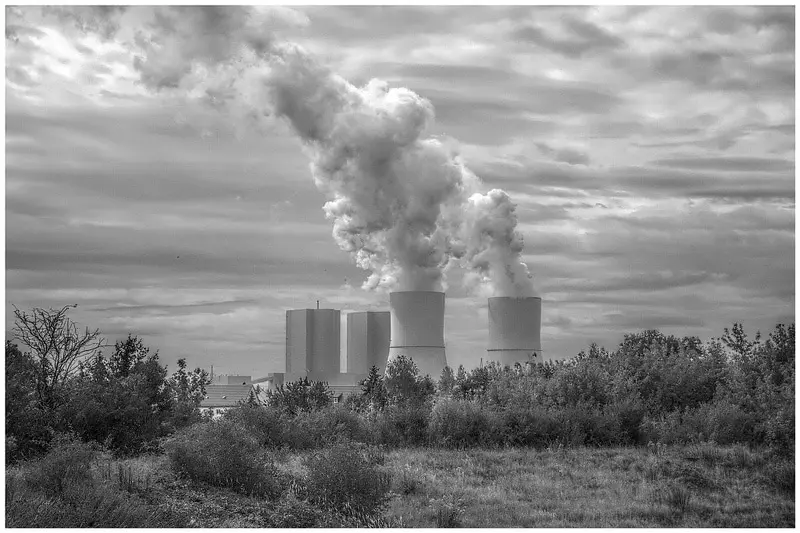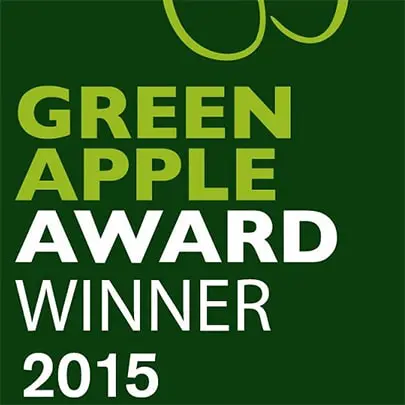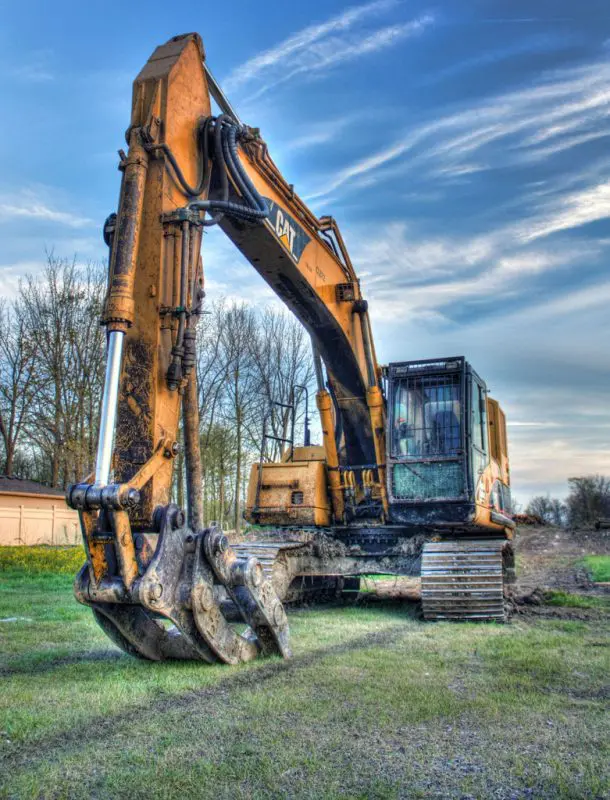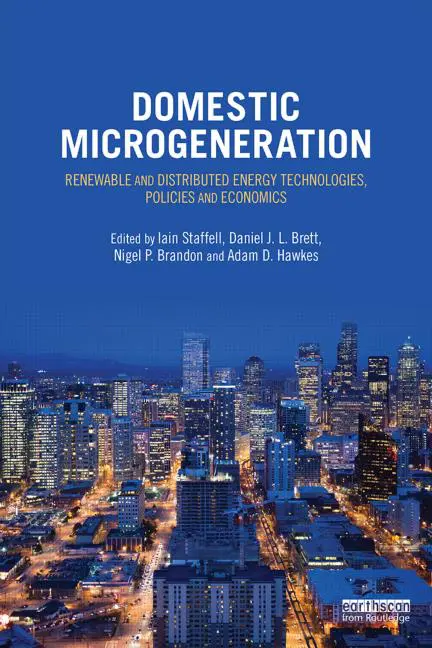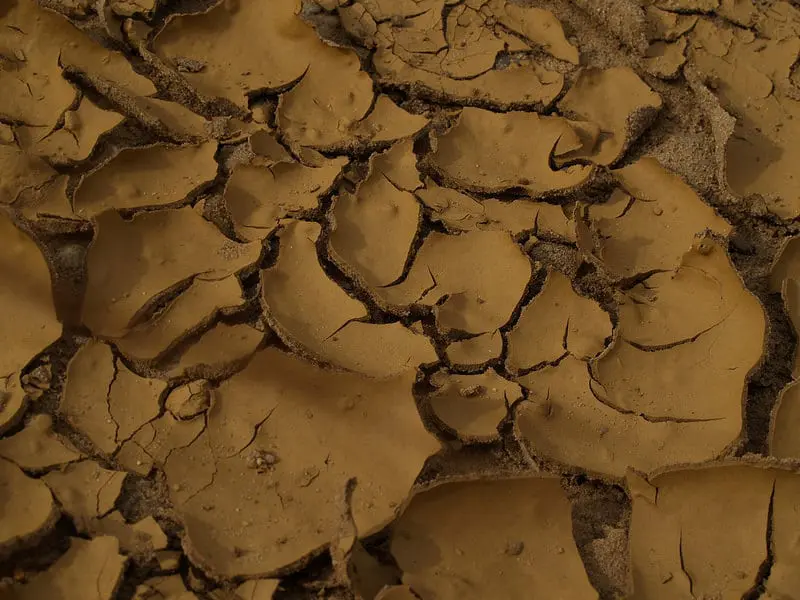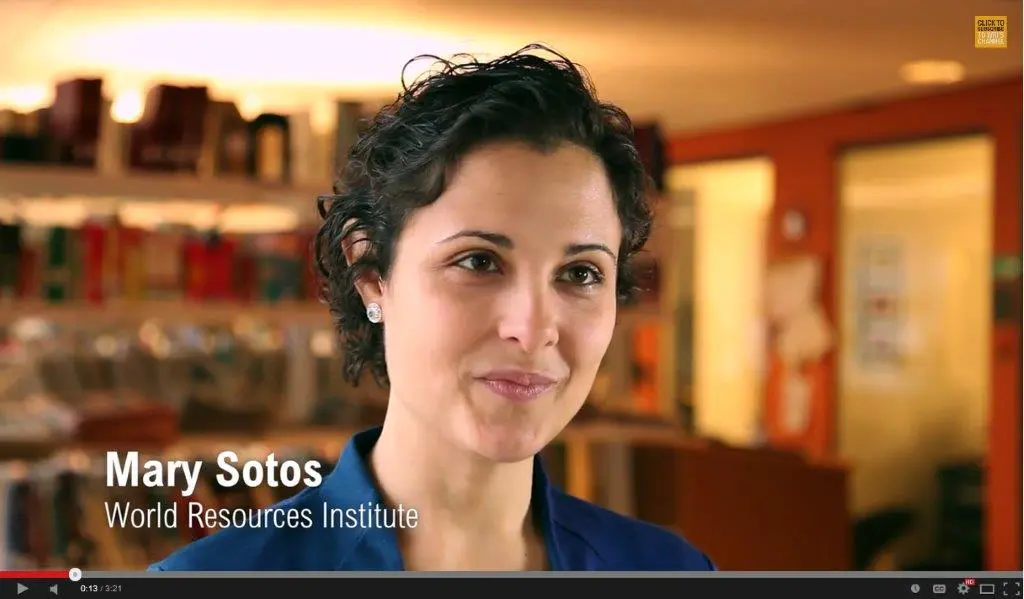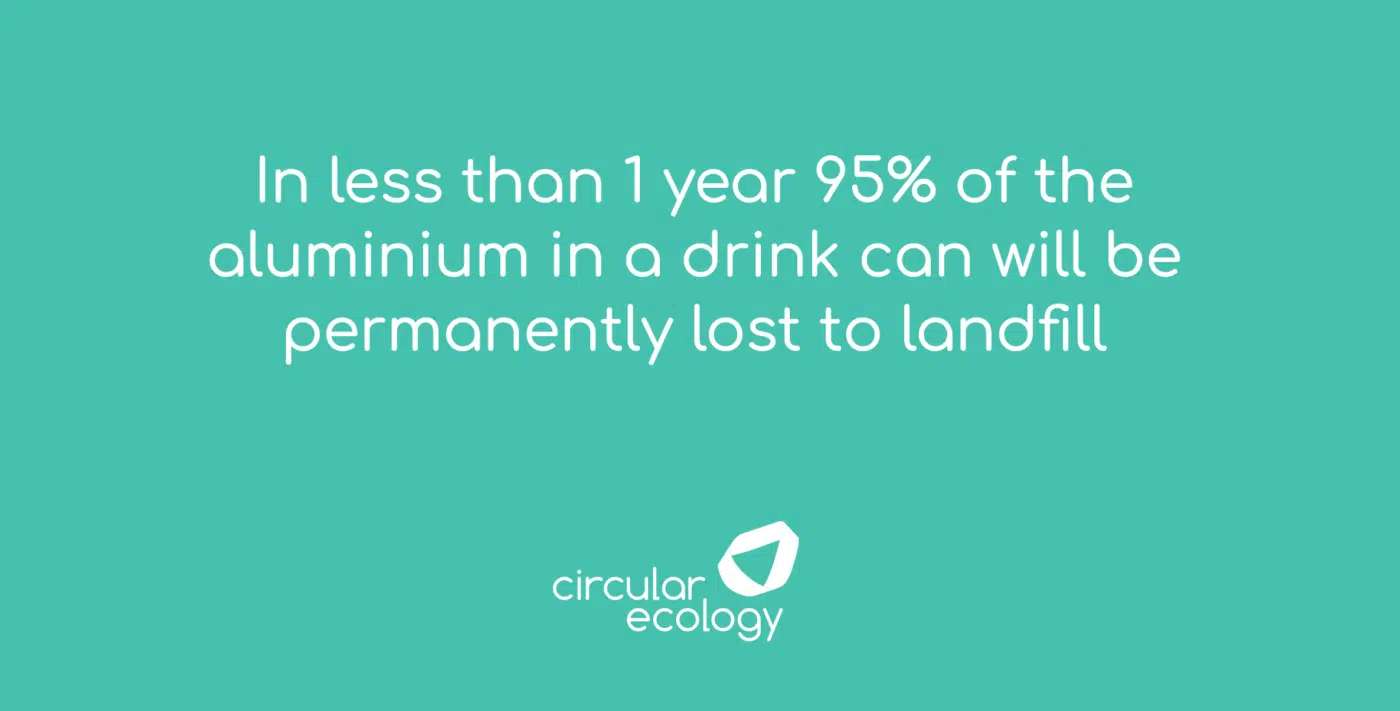The referendum on the UK’s membership of the EU sent shock waves around the world. The decision to leave the EU has strong implications, but these implications are yet to be understood. It could impact the economy, society and of course, the environment. In regards to the environment, we can at least ask – what […]
Category Archives: Energy
The UK government has released the 2016 conversion factors for calculating your greenhouse gas emissions. They are co-produced by the environment department, Defra. The factors cover emissions from key activities, including the use of energy, water, transport and materials, as well as the production of waste. Read on to find a summary from Circular Ecology’s […]
The long anticipated update to ISO 14001 on environmental management systems has finally been released. It is one of the most widely used and influential environmental management standards with over 300,000 certificates issued worldwide every year. It replaces ISO 14001:2004, which has now been resigned to the archives. So what can we expect from the […]
We are delighted to announce Circular Ecology’s role in winning a Green Apple award for the Built Environment. Circular Ecology’s client New Sustainable Building Model Ltd (NSBM) entered the Green Apple Awards and competed against more than 200 other nominations in the Built Environment & Architectural Heritage category for 2015. NSBM are based in Cambridgeshire […]
There comes a time in the life of every building where extensive refurbishment is required. For many a building this seems to bring with it thoughts of starting again – essentially to demolish and ‘rebuild’. The normal practice in modern times seems to be the preference to demolish and replace. Whereas conservationists naturally prefer to […]
Taylor & Francis is due to publish a new book on Domestic Microgeneration on 16 June 2015, containing a chapter co-authored by Dr Stephen Allen of Circular Ecology. Microgeneration – producing energy for the home, in the home – can provide a substantial improvement over the current centralised and detached energy model employed the world […]
On Saturday 21 March Dr Stephen Allen of Circular Ecology is giving a talk on the embodied carbon of building materials to the annual conference of the National Society of Master Thatchers. Steve will give an overview of carbon footprinting and what it can be used for, and illustrate this through the results of an […]
In 1997 the Kyoto Protocol was born. It was the first international agreement of its kind, a revelation that would stabilise greenhouse gas concentrations in the climate to “prevent dangerous anthropogenic interference with the climate system”. Flash floods, rising sea levels, record droughts and extreme weather would all to be resigned to the books of […]
The Greenhouse Gas (GHG) Protocol has launched new guidance for organisations to measure emissions from purchased electricity, which typically forms the majority of a company’s Scope 2 emissions. This is the first major update to the GHG Protocol’s Corporate Standard, one of the world’s most widely used standards for organisational carbon footprinting. The new Scope […]
It’s that day of the week again. For the last 7 days you’ve recovered some of your plastic bottles, metal cans and glass jars, ready for the recycling man to take away. In fact, each and every year we recycle or compost over 200 kg of waste per person in the EU. So clearly recycling […]


